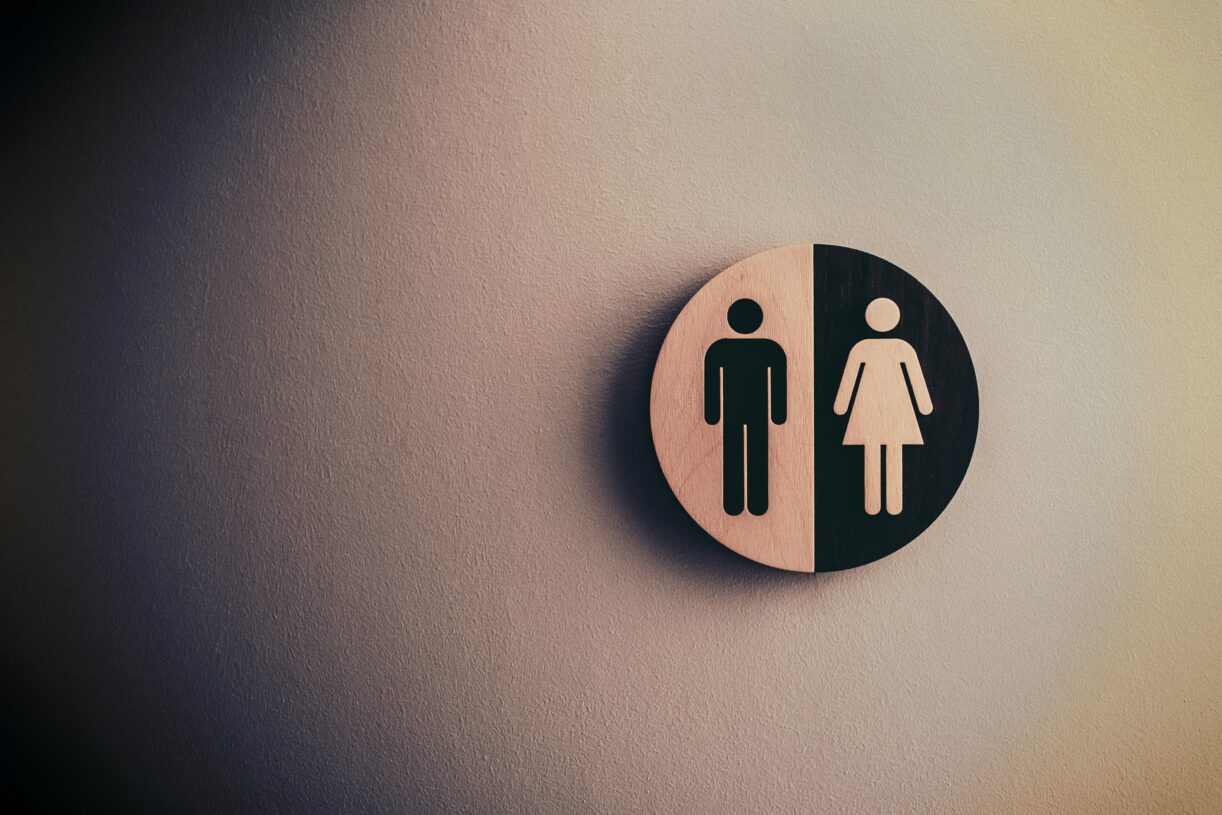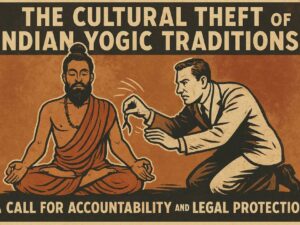Cultural norms play a significant role in shaping gender roles within societies. These norms, which are the shared beliefs, values, and behaviors of a particular group, often dictate the expectations placed on individuals based on their gender. Throughout history, gender roles have been deeply rooted in cultural traditions and have influenced various aspects of individuals’ lives, including their family dynamics, career choices, and societal expectations. However, as societies progress and evolve, so do gender roles. This article aims to explore how cultural expectations shape gender roles and discuss the evolving nature of gender roles in modern society.
Table of Contents

Sparnod Fitness STH‑3002 Home Walking Pad Treadmill
Ultra‑slim, compact, and ready to use—no assembly needed. 2.5 HP motor, 1‑6 km/h speed, 2‑level incline, shock absorption, LED display, rolls under bed.
👉 View on AmazonUnderstanding Cultural Expectations
Cultural expectations surrounding gender roles vary greatly across different societies and can be influenced by factors such as religion, historical traditions, and socio-economic conditions. These expectations often define what is considered appropriate behavior, responsibilities, and opportunities for individuals based on their gender.

Sparnod Fitness STH‑3002 Home Walking Pad Treadmill
Ultra‑slim, compact, and ready to use—no assembly needed. 2.5 HP motor, 1‑6 km/h speed, 2‑level incline, shock absorption, LED display, rolls under bed.
👉 View on AmazonIn some cultures, traditional gender roles assign men as the primary breadwinners and decision-makers, while women are expected to prioritize their roles as caregivers and homemakers. These expectations can limit opportunities for women in education, employment, and leadership positions. On the other hand, in certain societies, women may have more prominent roles in the community or hold positions of power, challenging the traditional gender norms.
It is important to note that cultural expectations surrounding gender roles are not static but rather evolve over time. As societies become more diverse and interconnected, cultural norms adapt to reflect changing attitudes towards gender equality and individual rights.
The Influence of Cultural Norms on Gender Roles
Cultural norms shape gender roles in various ways, influencing individuals’ behavior, aspirations, and opportunities. These norms are often internalized from a young age through socialization processes, such as family, education, and media.
Family plays a crucial role in transmitting cultural expectations regarding gender roles. Parents, as primary socializing agents, teach their children what is considered appropriate behavior for their gender. For example, boys may be encouraged to develop assertiveness and independence, while girls may be taught to prioritize nurturing and empathy. These early socialization processes can influence individuals’ career choices, personal relationships, and overall self-perception.

Sparnod Fitness STH‑3002 Home Walking Pad Treadmill
Ultra‑slim, compact, and ready to use—no assembly needed. 2.5 HP motor, 1‑6 km/h speed, 2‑level incline, shock absorption, LED display, rolls under bed.
👉 View on AmazonEducation also plays a significant role in reinforcing cultural expectations surrounding gender roles. Textbooks, teaching methods, and classroom dynamics can perpetuate stereotypes and reinforce traditional gender norms. For instance, girls may be discouraged from pursuing STEM (Science, Technology, Engineering, and Mathematics) fields due to societal beliefs that these areas are more suitable for boys. Similarly, boys may face pressure to conform to masculine norms, discouraging them from pursuing creative or nurturing professions.
Media, including television, films, and advertising, also contribute to shaping gender roles by portraying certain behaviors and roles as desirable or appropriate for each gender. For example, advertisements often depict women as objects of desire or emphasize their roles as caregivers, while men are portrayed as strong and assertive. These portrayals can reinforce societal expectations and limit individuals’ choices and opportunities.
The Evolving Nature of Gender Roles in Modern Society
Gender roles are not static and have undergone significant changes in modern society. The feminist movement and increased awareness of gender equality have challenged traditional gender norms and paved the way for more inclusive and diverse gender roles.
Women’s empowerment movements have played a crucial role in breaking down barriers and expanding opportunities for women. In many societies, women have gained access to education, entered the workforce, and assumed leadership positions traditionally held by men. This shift has challenged the notion that women’s primary role is limited to the domestic sphere and has contributed to the redefinition of gender roles.

Sparnod Fitness STH‑3002 Home Walking Pad Treadmill
Ultra‑slim, compact, and ready to use—no assembly needed. 2.5 HP motor, 1‑6 km/h speed, 2‑level incline, shock absorption, LED display, rolls under bed.
👉 View on AmazonSimilarly, men’s roles have also evolved as societies recognize the importance of nurturing and emotional intelligence. Men are increasingly encouraged to be involved fathers, caregivers, and active participants in household chores. The changing dynamics of gender roles have led to a more balanced distribution of responsibilities within families and challenged traditional notions of masculinity.
Furthermore, the LGBTQ+ movement has played a significant role in challenging and expanding societal norms surrounding gender roles. The recognition and acceptance of diverse gender identities and expressions have broadened the understanding of what it means to be a man or a woman, allowing individuals to embrace their authentic selves and reject rigid gender expectations.
Conclusion
Cultural norms have a profound impact on shaping gender roles within societies. However, as societies progress and evolve, gender roles are also changing. Cultural expectations surrounding gender roles are not fixed but are influenced by various factors, including religion, traditions, and socio-economic conditions. Understanding the influence of cultural norms on gender roles is crucial in fostering a more inclusive and equitable society. By challenging traditional expectations and embracing diversity, societies can continue to evolve and create opportunities for individuals to thrive regardless of their gender.

Sparnod Fitness STH‑3002 Home Walking Pad Treadmill
Ultra‑slim, compact, and ready to use—no assembly needed. 2.5 HP motor, 1‑6 km/h speed, 2‑level incline, shock absorption, LED display, rolls under bed.
👉 View on Amazon








































